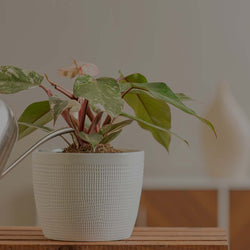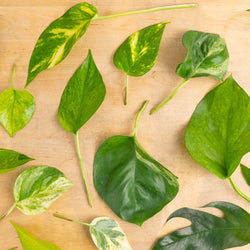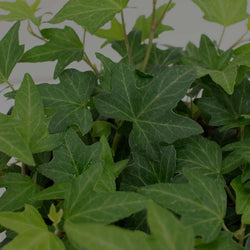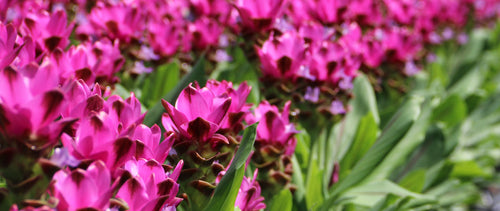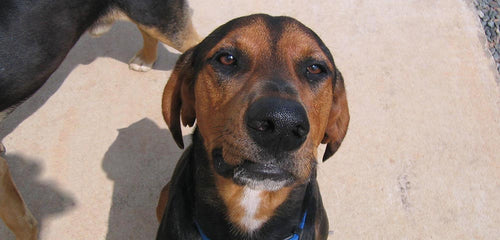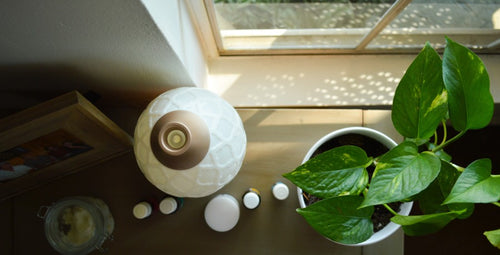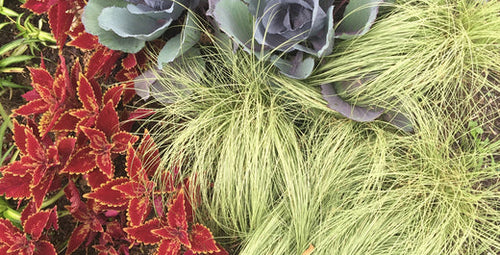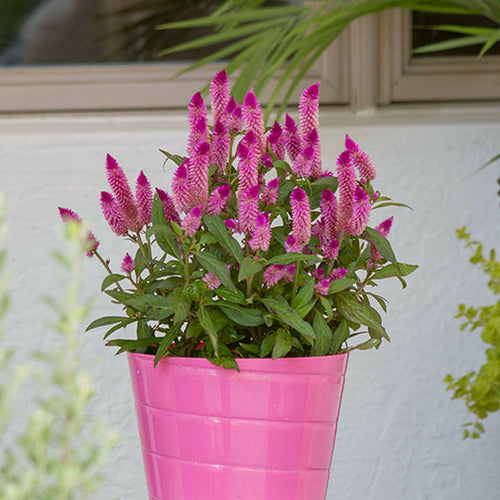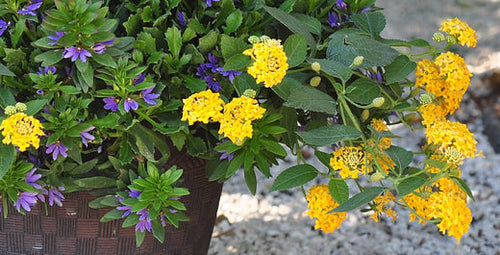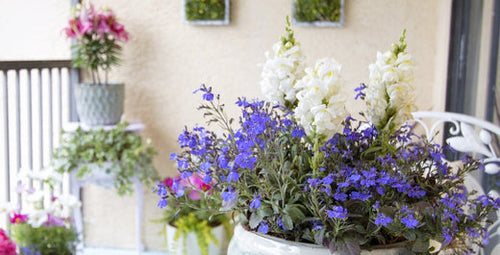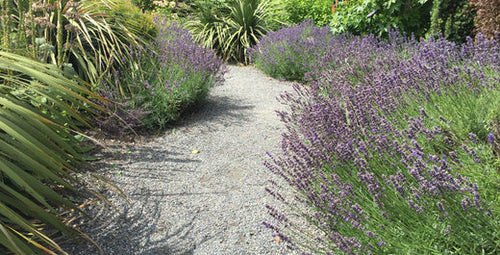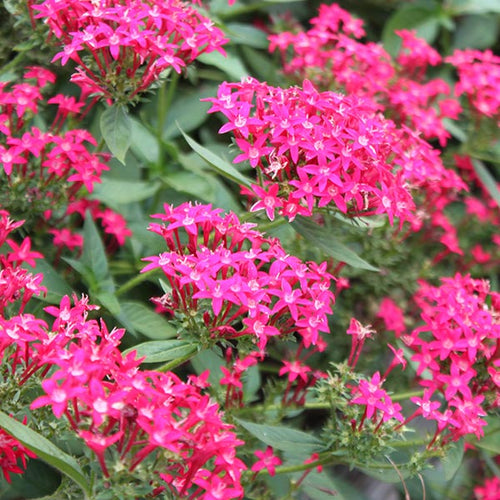Our gardens need tending to, even as heat levels rise over the summer. It’s important to protect yourself from heat-related illness, so use these tips from Costa Farms Nurse Practitioner Neyvi Medina.
Educate Yourself on the Symptoms
First off, Neyvi says it’s important to be able to recognize the signs of heat-related illness so you can take action to prevent your body from overheating.
- Heavy Sweating: It might seem obvious since we naturally sweat when we’re hot, but your body is telling you something if you’re sweating a lot more than usual.
- Rash: You might develop heat rash (also called prickly heat) if you’re sweating but the sweat isn’t able to evaporate or your sweat glands become blocked. This leads to inflammation and bumps or blisters. It’s especially common where clothing rubs against the skin or crevices like armpits or your groin.
- Cramps: You might suffer from heat cramps if you’re sweating profusely and not replenishing water and electrolytes.
- Headache, Nausea, or Dizziness: These may be signs of heat exhaustion, where your body is generating more heat than it’s able to release and starting to suffer from dehydration.
- Not Sweating: It can be hard to tell if your body has stopped sweating, but if you’re no longer sweating, you may be on the verge of or suffering from heat stroke.
Be Aware of Factors that Can Contribute to Heat Illness
- Temperature and humidity levels are the most obvious factors that can affect your susceptibility to heat illness, but they’re not the only ones. Neyvi recommends considering other factors like:
- Alcohol, Sugar, or Caffeine Intake: These compounds may increase your risk of dehydration, particularly in the heat. Reducing sugar, caffeine, and/or alcohol before you’re about to go out gardening (and after, as you recover) on a hot day can be helpful. And though you may want an extra boost, it’s wise to avoid energy drinks.
- Acclimatization: It can make a difference based on what your body is used to if you’re working on a typically hot day for your area versus if your area is experiencing hotter-than-average temperatures from a sudden heatwave.
- Medication Use: Some medications (even over-the-counter drugs like cold medicine, which can increase dehydration) may increase the risk for heat illness.
Rest Under Shade and Hydrate (R.U.S.H.)
Here at Costa Farms, we let our team take breaks whenever they feel they need it—and you should do the same. It’s best to take a break in the shade or in air conditioning and drink water at least once every 15 to 30 minutes while you’re actively working when the temperature is over 90F. Nevyi advises drinking a quart or so of water per hour as you work.
If you have the opportunity, plan to do the hardest physical activity during the cooler morning and evening hours of the day or when the area you’ll be working in is shaded.
Keep your skin safe by using sunscreen before you go out. If you’re sweating profusely, you may need to reapply it as you work. Wearing a hat can help shade your face, ears, and neck to protect them from the sun and its heating rays.
Wearing light-color clothing can also be helpful; light colors reflect heat while dark colors absorb heat.
Written by Justin Hancock
